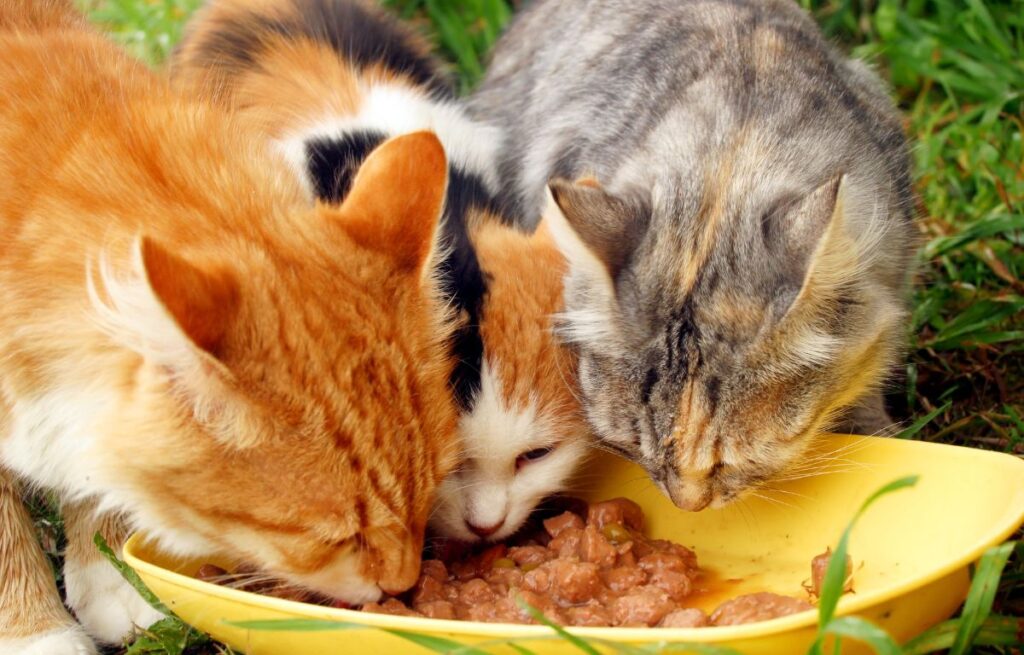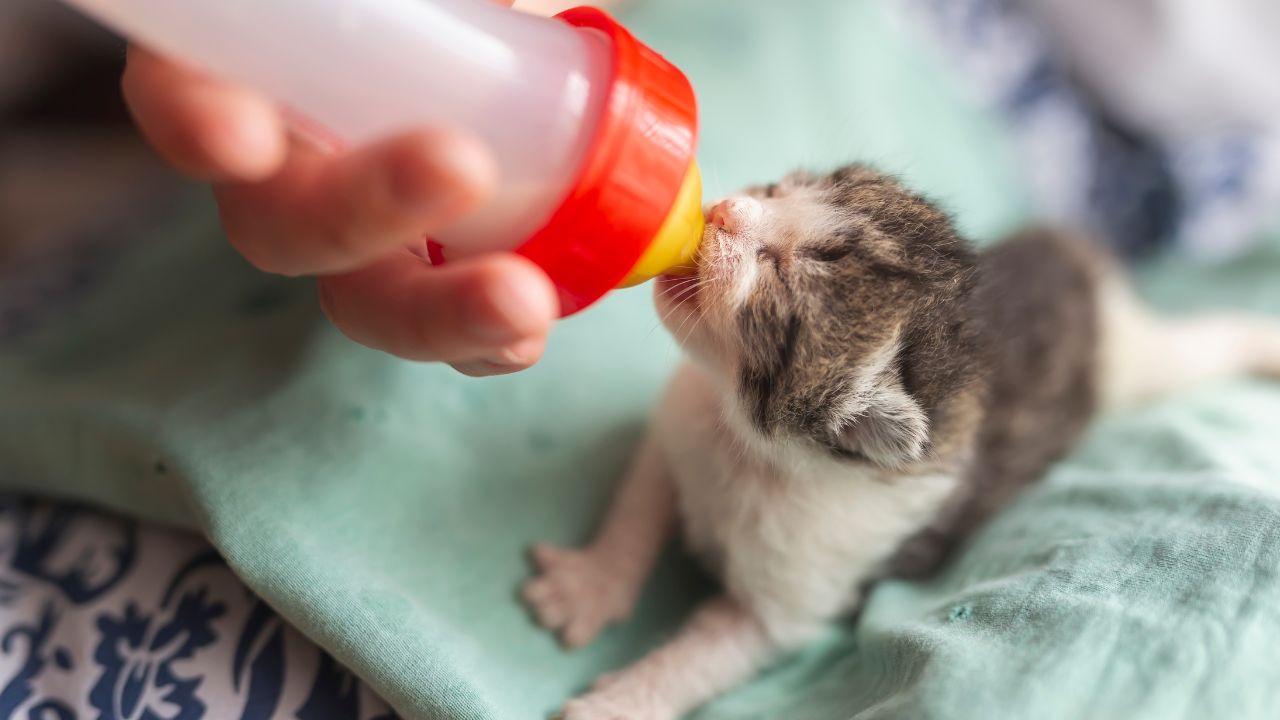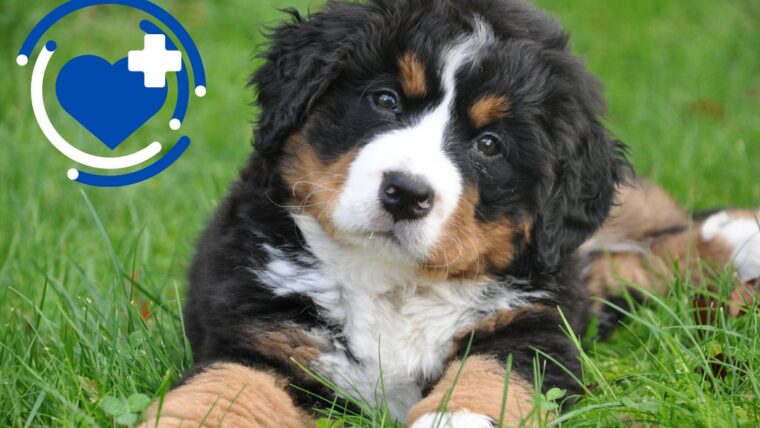Introduction
As a cat owner, you may be wondering if it is safe to feed your feline friend turkey necks. Turkey necks are a popular choice for many pet owners due to their nutritional value and the natural chewing exercise they provide. In this article, we will explore whether cats can eat turkey necks and the potential benefits and risks associated with this food.

The Nutritional Value of Turkey Necks
Turkey necks are a rich source of essential nutrients that can benefit your cat’s overall health. They are packed with protein, which is vital for your cat’s growth, muscle development, and repair. Additionally, turkey necks contain important vitamins and minerals such as vitamin B12, iron, zinc, and selenium.
Feeding your cat turkey necks can also help maintain their dental health. The natural chewing action required to consume a turkey neck can help remove plaque and tartar buildup on your cat’s teeth, reducing the risk of dental issues such as gum disease and tooth decay.
Can Cats Eat Turkey Necks?
The short answer is yes, cats can eat turkey necks. However, it is important to take certain precautions to ensure your cat’s safety and well-being.
1. Size and Preparation
When feeding your cat turkey necks, it is crucial to consider the size of the neck and the size of your cat. Turkey necks can vary in size, so it is essential to choose one that is appropriate for your cat’s size and age. The neck should be large enough to provide a satisfying chewing experience but not so large that it poses a choking hazard.
Before serving the turkey neck to your cat, it is important to prepare it properly. Remove any excess skin, fat, or bones that may be present. Cook the turkey neck thoroughly to kill any potential bacteria or parasites that could be harmful to your cat.
2. Moderation is Key
While turkey necks can be a healthy addition to your cat’s diet, it is important to feed them in moderation. Turkey necks should not replace a balanced and complete cat food diet. They should be given as an occasional treat or supplement to their regular meals.
Feeding too many turkey necks or making them a significant part of your cat’s diet can lead to nutritional imbalances. It is always best to consult with your veterinarian to determine the appropriate amount and frequency of turkey necks for your cat.
3. Individual Considerations
Every cat is unique, and what works for one may not work for another. Some cats may have specific dietary restrictions or health conditions that make them more susceptible to certain risks associated with consuming turkey necks. It is important to consider your cat’s individual needs and consult with your veterinarian before introducing turkey necks into their diet.
Potential Risks and Precautions
While turkey necks can provide numerous health benefits, there are some potential risks to be aware of:
1. Choking Hazard
As mentioned earlier, it is crucial to choose an appropriately sized turkey neck to prevent choking. Supervise your cat while they are consuming the turkey neck and ensure they are chewing it thoroughly before swallowing.
2. Bones
Although cats are natural carnivores and can handle some bone consumption, it is important to remove any small or sharp bones from the turkey neck before feeding it to your cat. Small bones can pose a choking hazard or cause internal injuries if swallowed.
3. Allergies or Sensitivities
Some cats may have allergies or sensitivities to certain proteins or ingredients present in turkey necks. If you notice any signs of an allergic reaction such as vomiting, diarrhea, or skin irritations, discontinue feeding turkey necks and consult your veterinarian.
Conclusion
Feeding your cat turkey necks can be a nutritious and enjoyable experience. They offer a natural source of protein and dental benefits. However, it is important to feed turkey necks in moderation, choose an appropriate size, and prepare them properly. Always consider your cat’s individual needs and consult with your veterinarian before introducing any new food into their diet. By taking these precautions, you can safely incorporate turkey necks into your cat’s diet and provide them with a tasty and beneficial treat.



